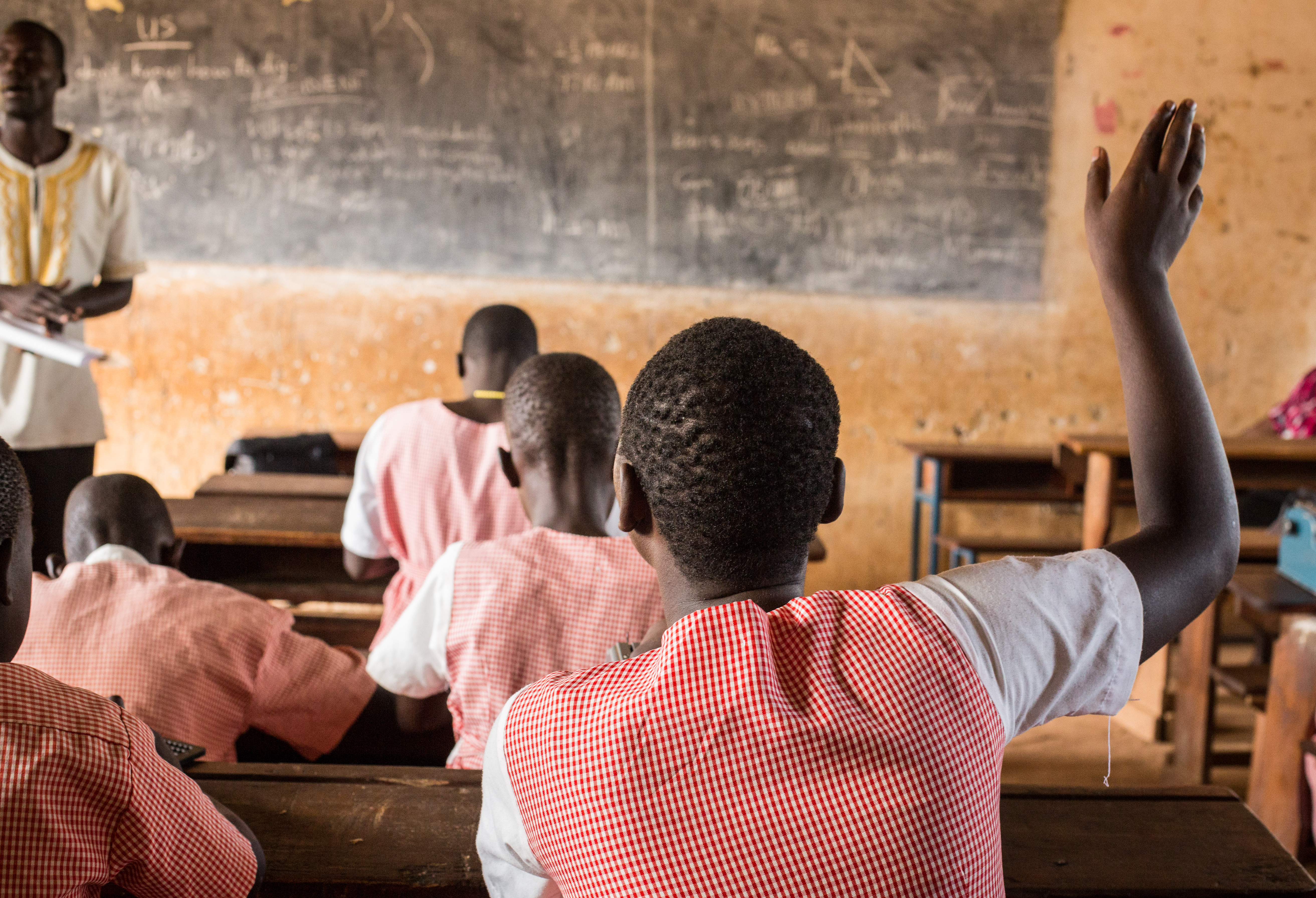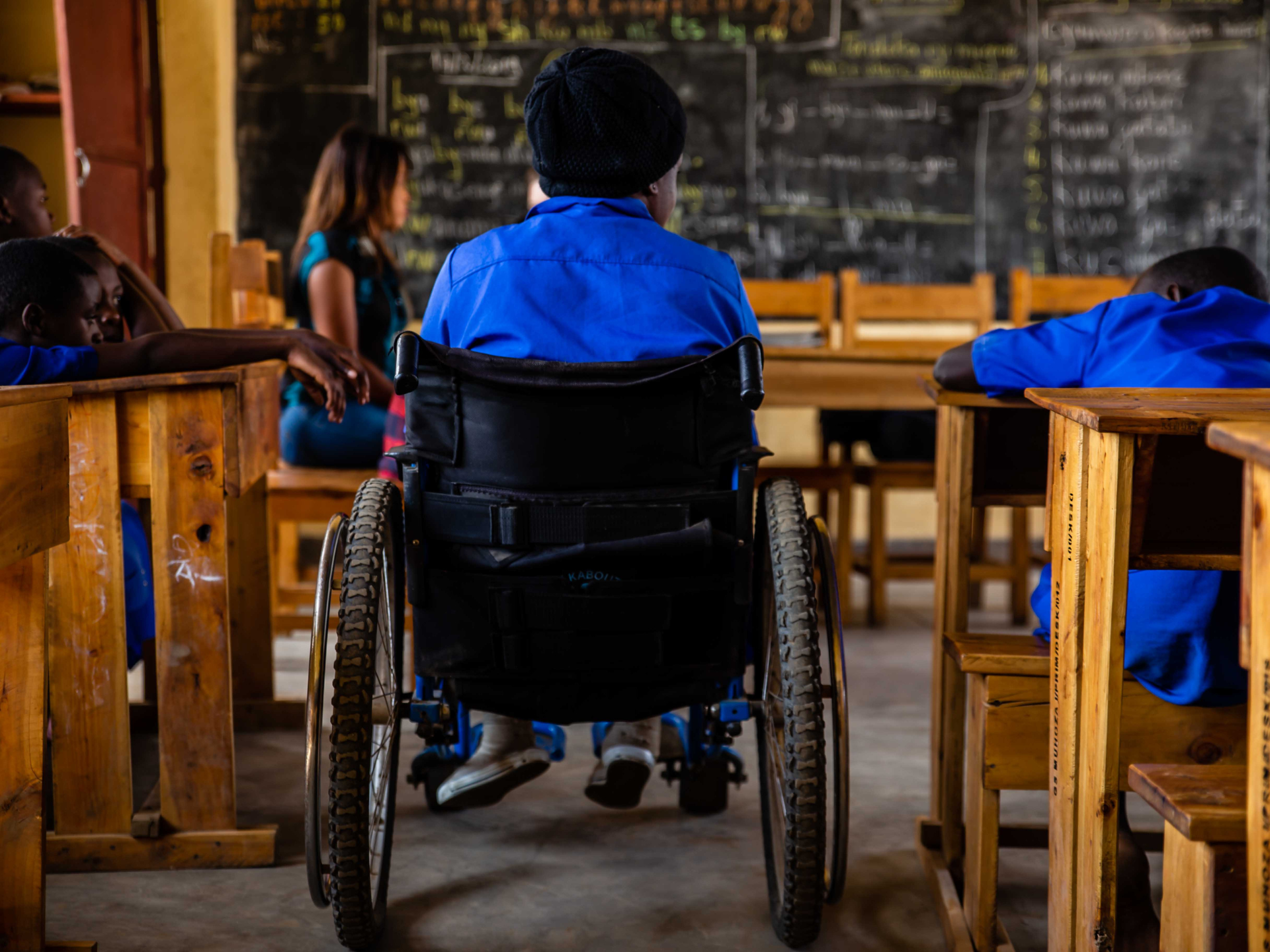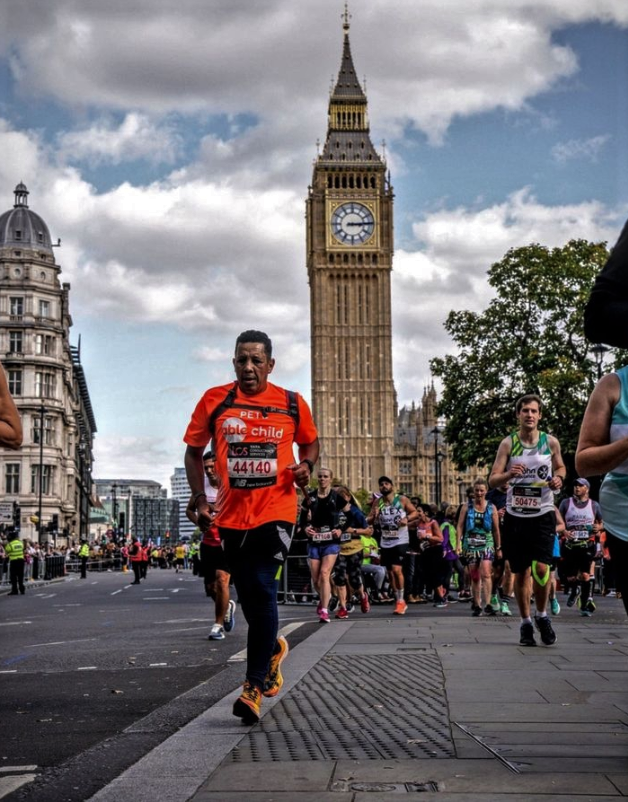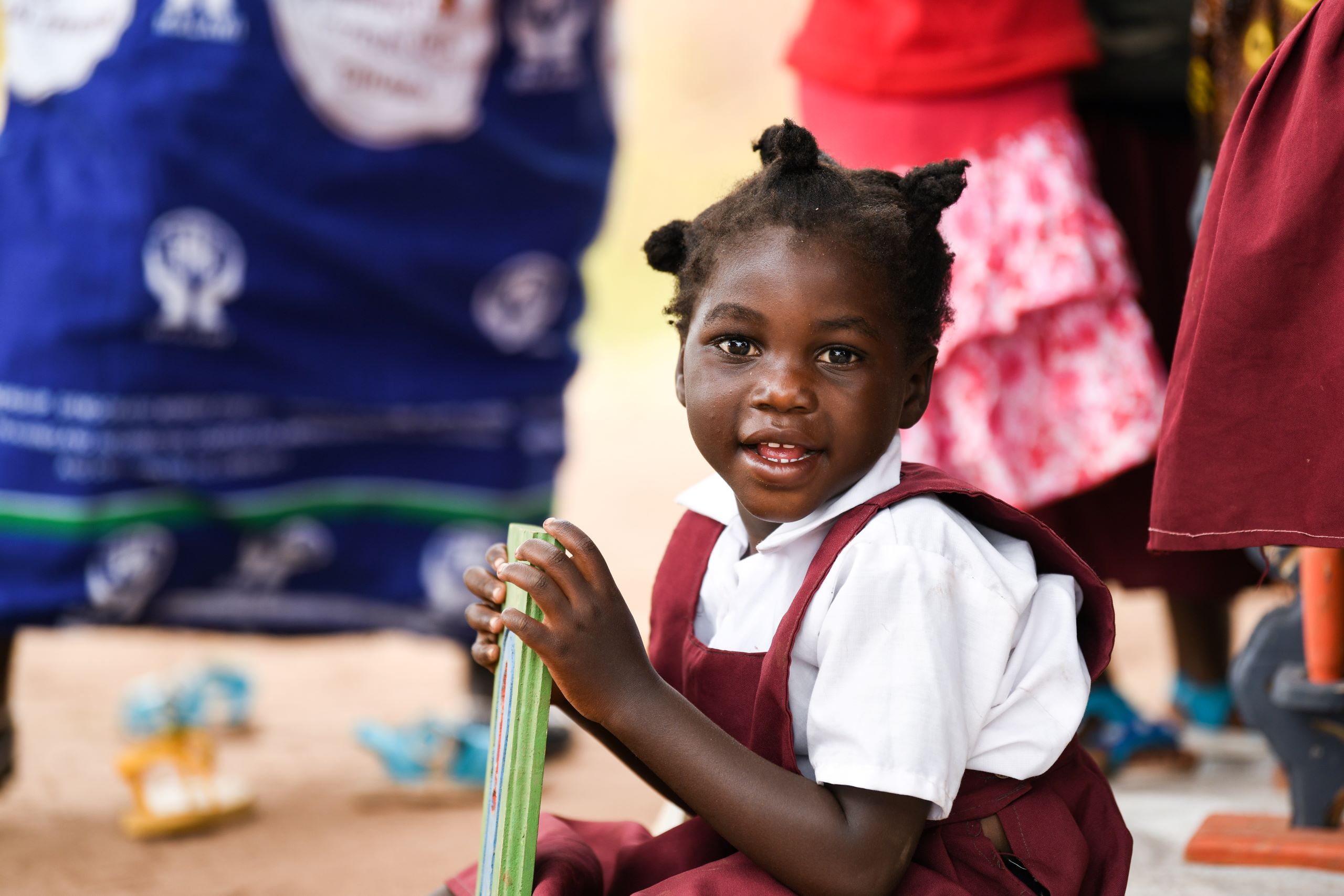Our Advocacy and Communications Assistant, Anthony Ford Shubrook OBE, shares his insight relating to the recent launch of the Disability Rights Monitoring Report highlighting the failings of governments response to Covid-19 on children with disabilities.
The other week I attended the launch of the disability rights monitoring report, which draws together the views of over 2152 respondents from 134 countries, both individuals and NGOs from across the globe.
One of the most striking revelations was the similarity of the experiences people with disabilities were having all around the world. One of the key issues was that information coming from governments was widely unavailable or in inaccessible formats. Our own research indicates that the accessing of information has largely been left to NGOs with limited finances rather than the governments whose responsibility it should be.
The report suggests that many children with disabilities have had no access to education during the pandemic and are often excluded from remote learning. A representative of an organisation of persons with disabilities, highlighted the example of children with disabilities not being considered in their school’s newly founded radio program. It’s examples such as these that highlight the importance of the work Able Child Africa and their partners are doing; in Rwanda, one of our projects is helping children with disabilities access radio lessons through peer-to-peer support.
We know from our own work that schools are the best places for children with disabilities to receive high quality care and benefit from an inclusive learning environment, whilst also being protected from an increased risk of violence and abuse. The report highlights a significant increase in violence against girls with disabilities due to increased time at home without supervision or with little or no care.
The report raises concerns about a disproportionately high rate of fines given to people with disabilities regarding governmental curfews and ‘stay at home’ orders. Furthermore, hazardous governmental policies such as lockdowns in overcrowded and unequipped institutions with inadequately trained staff and inadequate sanitation have led to increased virus transmission, segregation and higher death rates.
The survey revealed that throughout the pandemic, people with disabilities did not have access to food and adequate nutrition. Four of the ten highest reported percentages of respondents having no access to food and nutrition were the countries in which Able Child Africa works, Uganda, Tanzania, Rwanda and Kenya. Almost one third of respondents also reported having no access to medication during the pandemic.
Clearly the coronavirus pandemic has presented people with disabilities with huge challenges, but sadly in many cases it is simply amplifying pre-existing injustices that are deeply rooted within society. It is as important as ever to remember the necessity of including people with disabilities in the decisions that affect their lives. This means holding governments to account over past promises and commitments they have made through signing up to legislation such as the CRPD and the SDGs, as well as listening to the views of people of disabilities.
[1] https://covid-drm.org/assets/documents/Disability-Rights-During-the-Pandemic-report-web.pdf accessed on 27/07/2021








